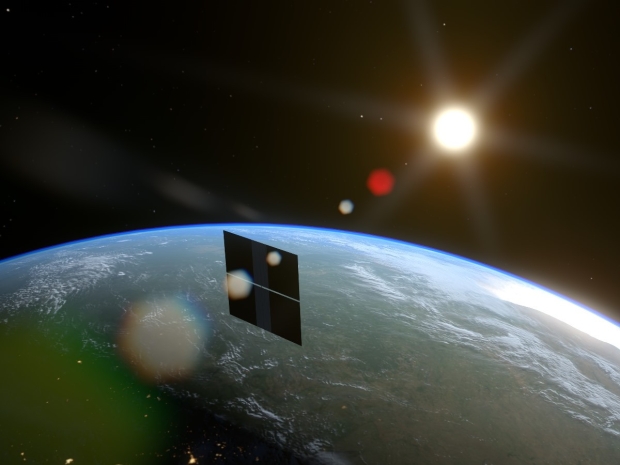Nvidia bigged up the plan in a blog post and says the first outing will deliver computing power “100x higher” than any other space-based operation.
Starcloud pitches orbital data centres as a fix for the earthly headaches of land use and gigawatt-scale power draws now plaguing hyperscalers.
Nvidia repeats the shiny promises of space: “infinite solar power” and cooling courtesy of the deep-space vacuum, which the company claims removes the need for batteries and bulky thermal kit.
The press release said: “Emitting waste heat from infrared radiation into space can conserve significant water resources on Earth, since water isn’t needed for cooling. Constant exposure to the sun in orbit means nearly infinite solar power and no need for the data centres to rely on batteries or backup power.”
The startup is part of Nvidia's Inception programme, which exists to schmooze fledgling firms and plug them into the ecosystem.
Starcloud chief executive Philip Johnston reckons almost all data centres will be built in space within ten years, a forecast that will either age like fine wine or warm lager.
If the scheme works, Starcloud’s orbiting containers would dodge terrestrial constraints while flinging compute cycles back to Earth, leaving regulators, insurers, and ground stations to sort out the messy bits.




